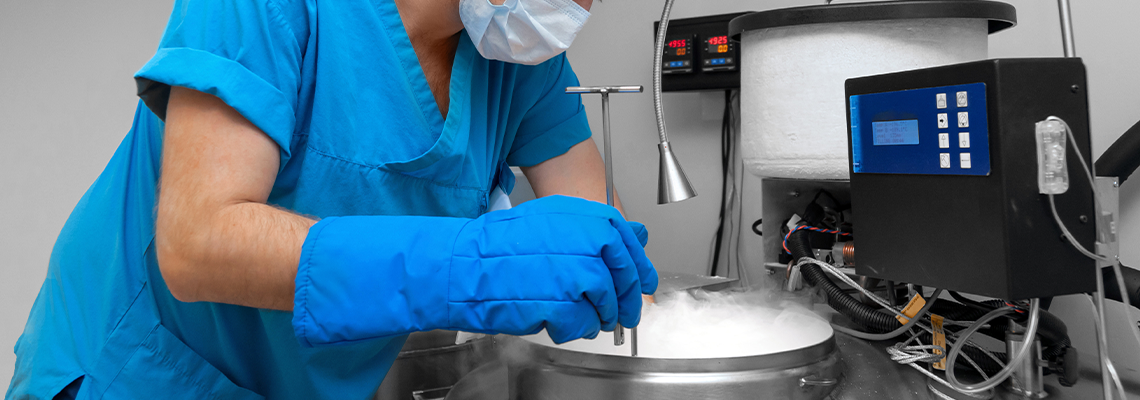Adoption is one of the most rewarding ways to grow a family, but it’s also a legal process that can bring questions, uncertainties, and emotions. At The Law Office of Karen M. Holman, I’m dedicated to guiding families through each step of this journey.
One Child at a Time
What Are the Differences Between Open and Closed Adoptions?
Welcoming a new bundle into your family may mean doing so through adoption. One of the first decisions you may face is whether you want an open or closed adoption process.
What are the differences between adoption types? Take a few minutes to review some essential insights before deciding which path may work better for you.
What Is a Closed Adoption?
A closed adoption is a frequent preference for adoptive parents. It means you receive little information about the birth parents. A closed adoption may occur for many reasons, including in times of abuse or assault. A closed adoption makes it less likely that the birth parents will contact you or the child in the future.
What Is an Open Adoption?
An open adoption means the birth parents may want to remain involved in limited ways. The contact may happen through correspondence, pictures or even eventual meetings. Open adoption allows you to gain insight into a child’s beginnings and family history.
Which Choice Is Better?
There are pros and cons for each type of adoption. Some of that may fall on you and your preference. If you prefer a child with no contact with a birth family, closed adoption may prove the better way to go. Should you not mind providing insight into your child’s life to the family he or she was born into, having a connection with the birth family may benefit your child through life.
The decision on which way to go falls squarely on your shoulders. You may speak to someone with expertise in adoption to get more insight into the process.
RECENT POSTS
Parenthood is a cherished goal for many, and sperm donation offers an important option for turning that goal into reality. However, this process raises important questions about legal rights, responsibilities, and agreements.



